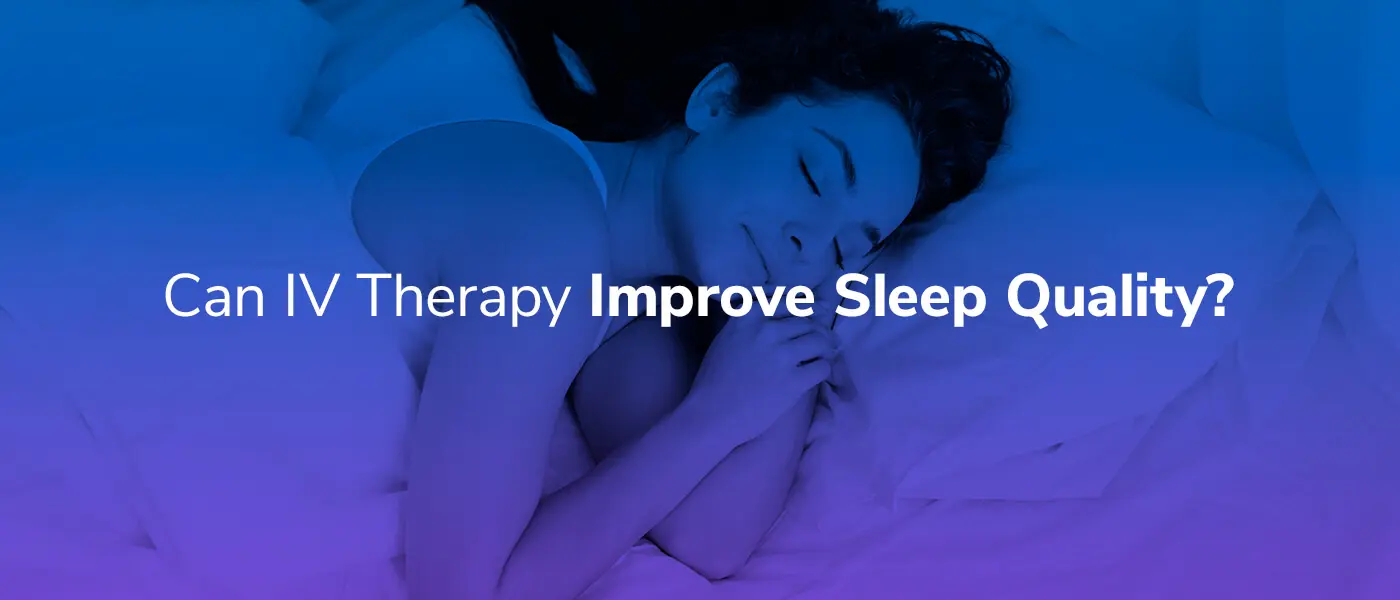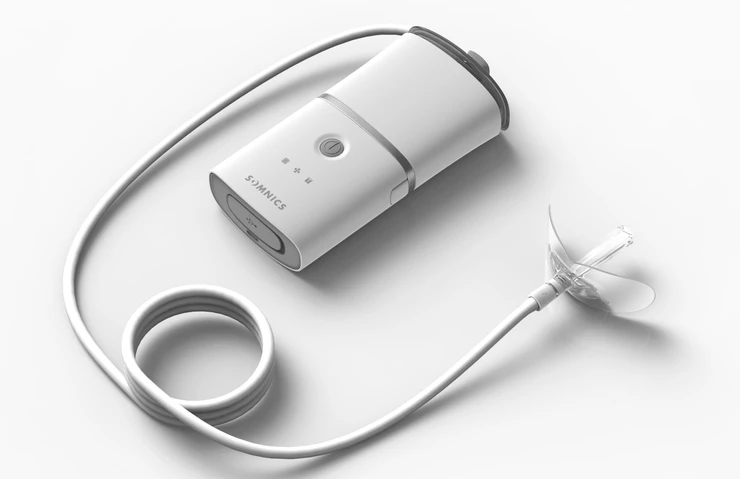Effective Treatment Solutions for Handling Sleep Disorders and Enhancing Restful Rest
In the realm of medical care, the management of sleep conditions and the quest for peaceful rest are critical components of general health. As we navigate the detailed landscape of sleep disorders and seek to boost our rest experience, a much deeper understanding of these treatment solutions might hold the key to unlocking a more rejuvenating and satisfying restorative journey.
Cognitive Behavioral Therapy for Sleeping Disorders (CBT-I)
Cognitive Behavioral Treatment for Sleep Problems (CBT-I) is a structured, evidence-based therapy strategy that concentrates on dealing with the hidden elements adding to rest disturbances. This kind of therapy aims to customize actions and thoughts that worsen sleeping disorders, inevitably advertising healthy and balanced sleep patterns. CBT-I commonly includes a number of key elements, consisting of cognitive therapy, rest limitation, stimulus control, and rest hygiene education and learning.
Cognitive treatment assists people identify and alter adverse idea patterns and beliefs about rest that may be impeding their ability to drop or remain asleep. Sleep constraint includes limiting the quantity of time spent in bed to match the individual's real rest period, consequently enhancing rest performance (sleep improvement therapy). Stimulus control techniques assist establish a solid organization between the bed and rest by encouraging individuals to visit bed only when sleepy and to stay clear of taking part in promoting tasks in bed
Moreover, rest hygiene education concentrates on creating healthy and balanced rest routines, such as keeping a constant rest schedule, creating a relaxing going to bed routine, and maximizing the rest environment. By resolving these factors thoroughly, CBT-I uses an effective non-pharmacological intervention for taking care of sleeping disorders and improving overall rest high quality.
Sleep Health Practices
Having developed the structure of cognitive restructuring and behavior alterations in attending to sleep problems via Cognitive Behavioral Therapy for Sleeping Disorders (CBT-I), the emphasis currently changes in the direction of discovering important Rest Health Practices for preserving optimal sleep top quality and general health.
Rest health practices include a series of habits and environmental factors that can considerably impact one's capacity to go to sleep and stay asleep throughout the evening. Consistent sleep and wake times, producing a relaxing going to bed routine, and enhancing the sleep setting by maintaining it dark, peaceful, and cool are essential components of good rest hygiene. Limiting direct exposure to displays prior to bedtime, staying clear of energizers like high levels of caffeine close to going to bed, and participating in regular exercise during the day can additionally promote much better rest quality.
Furthermore, exercising relaxation strategies such as deep breathing exercises or meditation before bed can aid relax the mind and prepare the body for rest. By integrating these rest hygiene practices right into one's daily routine, people can establish a healthy sleep pattern that sustains relaxing sleep and total well-being.
Relaxation Strategies and Mindfulness
Applying leisure techniques and mindfulness methods can play a pivotal role in fostering a sense of tranquility and promoting quality rest. Additionally, assisted images can assist transfer people to a serene place in their minds, helping in stress and anxiety reduction and enhancing rest quality.
By including these techniques into a going to bed routine, individuals can signal to their bodies that it is time to prepare and unwind for rest. On the whole, incorporating leisure methods and mindfulness methods can substantially contribute to managing rest conditions and improving total rest high quality.

Medication Options for Sleep Disorders
After checking out leisure techniques and mindfulness techniques as non-pharmacological treatments for boosting rest high quality, it is necessary to think about medicine alternatives for people with sleep problems. In cases where way of life modifications and therapy do not give sufficient relief, medication can be an important device in taking care of rest disruptions.
Frequently prescribed medications for sleep disorders include benzodiazepines, non-benzodiazepine hypnotics, antidepressants, and melatonin receptor agonists. Benzodiazepines, such as diazepam, are sedatives that can assist cause sleep, however they are typically suggested for temporary use because of the danger of dependancy. Non-benzodiazepine hypnotics like zolpidem are additionally made use of to deal with sleeping disorders and have a reduced danger of reliance compared to benzodiazepines. Antidepressants, such as trazodone, can be valuable for individuals with co-occurring clinical look at this web-site depression and rest disruptions. Melatonin receptor agonists, like ramelteon, target the body's natural sleep-wake cycle and can be practical for managing sleep patterns.
It is essential for individuals to speak with a doctor to establish the most ideal drug choice based on their details sleep condition and medical background.
Light Therapy for Body Clock Policy
Light treatment, likewise recognized as photo-therapy, is a non-invasive treatment approach used to regulate circadian rhythms and improve sleep-wake cycles. This treatment involves direct exposure to brilliant light that imitates all-natural sunlight, which aids to reset the body's biological rhythm. By subjecting people to certain wavelengths of light, commonly in the early morning or evening relying on the preferred effect, light treatment can successfully adjust the body clock to advertise wakefulness during the day and boost restful rest during the night.
Research study has shown that light treatment can be specifically valuable for people with body clock problems, such as postponed rest phase disorder or jet lag. It can also be valuable for those experiencing seasonal affective condition (SAD), a kind of clinical depression that commonly takes place during the winter season when all-natural light direct exposure is lowered. Light treatment is usually well-tolerated and can be used combined with other therapy approaches for sleep conditions to maximize outcomes and improve overall rest high quality.
Final Thought
To conclude, effective therapy options for taking care of sleep conditions and enhancing relaxed sleep consist of Cognitive Behavior modification for Insomnia (CBT-I), sleep health practices, leisure methods and mindfulness, medicine choices, and light treatment for circadian rhythm guideline. These approaches can help people boost their rest quality and overall health. It is essential to seek advice from a healthcare provider to identify the most ideal approach for resolving sleep concerns.
As we browse the intricate landscape of sleep disorders and look for to boost our rest experience, a much deeper understanding of these therapy options might hold the secret to opening a more rejuvenating and fulfilling corrective trip.
Rest limitation involves limiting the amount of time invested in bed to match the individual's real sleep duration, consequently increasing sleep performance. Constant sleep and wake times, developing a relaxing going to bed routine, and enhancing the sleep atmosphere by maintaining it dark, silent, and cool are essential elements of good rest health. Light therapy is normally useful site well-tolerated and can be made use of in combination with other therapy methods for sleep disorders to enhance end results and enhance overall rest high quality.
